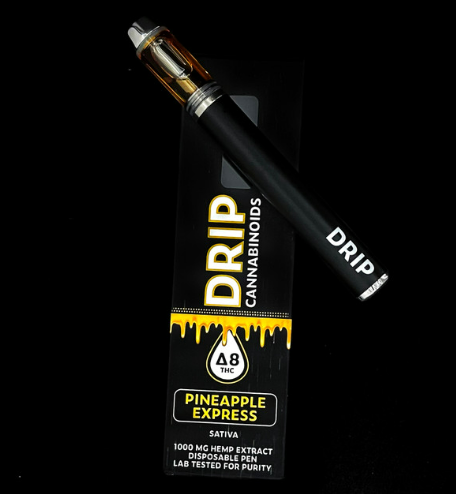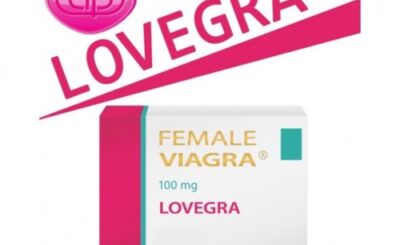Delta-8 THC is naturally found in cannabis plants. It’s a cannabinoid, similar to Delta-9, the primary psychoactive component of marijuana. Delta-8 offers a more relaxed and enjoyable experience compared to Delta-9.
Delta-8 comes in various forms, including Delta-8 gummies and edibles, Delta-8 tinctures, Delta-8 prerolls, and Delta-8 flowers.
Like CBD, Delta-8 is a chemical compound naturally occurring in cannabis plants but in much smaller quantities. However, Delta-8 can be synthesized in a laboratory from CBD and hemp.
Its legality and accessibility may vary depending on your jurisdiction, so it’s essential to be familiar with local laws and regulations before purchasing Delta-8 products. You can find this information on the DRIP blog.
Where Is Delta-8 Derived From?
Delta-8 is gaining popularity due to its similarity to Delta-9 THC, the compound responsible for the high associated with marijuana use. Both compounds are cannabinoids found in cannabis, with Delta-8 THC sharing a similar chemical structure to Delta-9 THC.
While Delta-8 is naturally present in small quantities, most Delta-8 products on the market are synthesized through a conversion process. This process involves converting CBD, derived from hemp, into Delta-8 using various chemicals. Hemp, a type of cannabis plant, contains low levels of Delta-9 THC, making it suitable for Delta-8 THC production. Federal law allows the production of Delta-8 THC from hemp.
What is Isomerization?
Now that you have an idea of where Delta-8 is derived, let’s delve into the exact process.
Delta-8 is naturally found in low concentrations in cannabis plants, making it challenging to obtain in significant quantities. Isomerization plays a crucial role.
Isomerization is a common process used to convert CBD into Delta-8 THC. While CBD and Delta-8 THC share similar chemical compositions, their structures differ due to the placement of a second bond. Isomerization involves shifting this double bond in CBD to create Delta-8 THC.
Various methods can achieve isomerization, including heat and other conditions that accelerate the reaction. Isomers are molecules with the same number and elements of atoms but with different chemical structures. Delta-8 THC isomers include Delta-9 THC.
Scientists have made significant progress in understanding the conditions required for CBD to undergo isomerization and convert into Delta-8-THC. Adjusting pH levels and allowing the reaction enough time are key factors in this process. This discovery played a pivotal role in advancing the Delta-8 industry to its current state.
Extracting Delta-8 THC directly from cannabis plants would be cost-prohibitive and was virtually nonexistent until recent years. Today, it is commercially viable and feasible to convert CBD into Delta-8-THC through isomerization.
This article was written by a cannabinoid specialist at DRIP Cannabinoids. DRIP Cannabinoids joined the market in June 2020. We quickly established our mission: providing customers with the purest oil on the market, and in tandem providing a premium product. Our products range from delta 8 tinctures, delta 8 pre-rolls, delta 8 THC gummies, delta 8 THC carts, and more. Through each and every one of our products, DRIP strives to relieve people from the discomfort, stress, and anxiety of daily life by giving them access to cutting-edge cannabinoids such as Delta-10 and Delta-8 THC. DRIP’s formulas and procedures are all designed with the purity and safety of the customer in mind.








